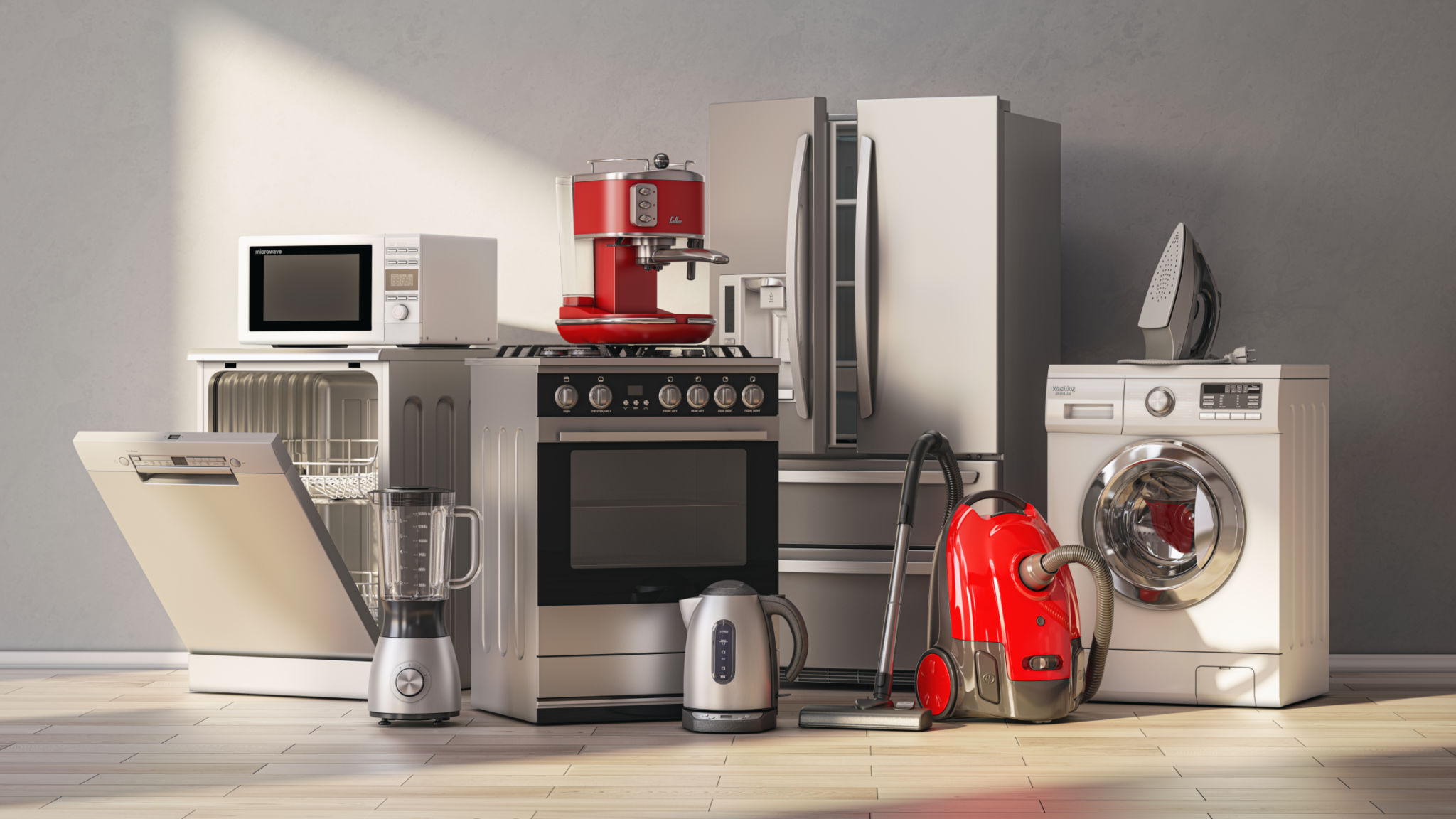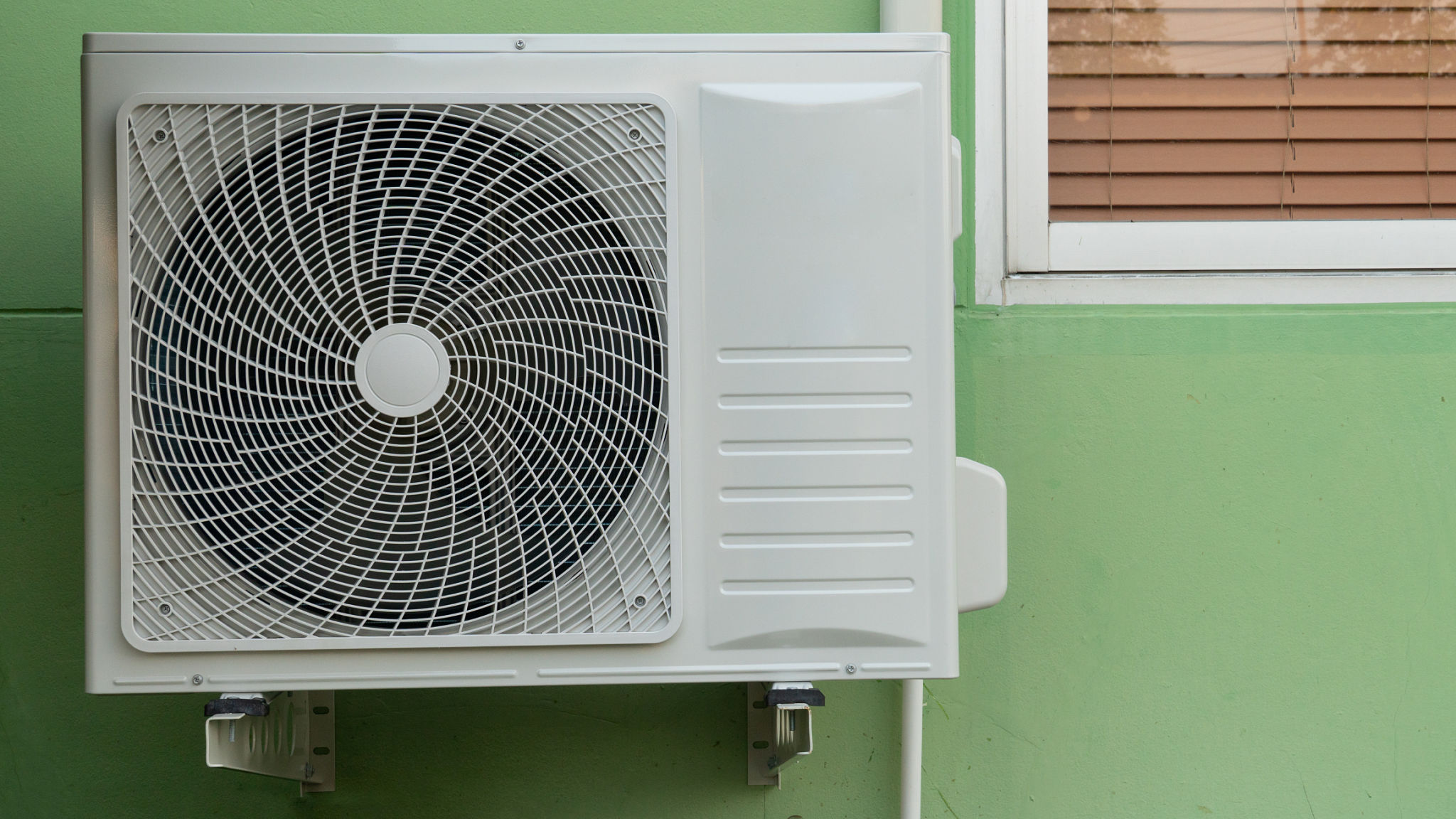DIY Appliance Installation: What You Can Do Yourself and When to Call a Pro
In today's DIY-friendly world, many homeowners are eager to tackle appliance installation themselves, saving both time and money. However, while some installations are perfectly manageable, others demand the expertise of a seasoned professional. Understanding the distinction between these scenarios can ensure your appliances function safely and efficiently.
Simple Installations You Can Handle
Many smaller or less complex appliances are designed with the DIY installer in mind. These installations often come with straightforward instructions and require minimal tools. Here are a few you can typically handle on your own:
- Microwaves: Countertop models simply need to be plugged in, while over-the-range models may require more effort but can usually be managed with a bit of patience and attention to detail.
- Refrigerators: Most refrigerators just need to be positioned correctly and plugged into an electrical outlet. Ensure they are level to avoid operational issues.
- Dishwashers: If you have existing plumbing and electrical connections, installing a dishwasher can be straightforward. Make sure water lines and electrical cords are properly connected.

When Professional Help Is Necessary
While some installations seem simple, others can pose significant challenges or safety risks. Here are scenarios where calling a professional is strongly advised:
- Gas Appliances: Anything involving gas lines, such as stoves or gas dryers, should be left to professionals due to the risk of gas leaks and explosions.
- Complex Electrical Work: Appliances like built-in ovens or electric cooktops may require extensive wiring knowledge. Incorrect installations can lead to electrical fires or damage.
- Plumbing-Intensive Installations: Heavy-duty appliances with complex water connections, such as washing machines or ice makers, may require professional installation to prevent leaks and ensure proper operation.

Benefits of Hiring a Professional
Engaging a professional installer offers numerous advantages beyond just safety. These experts bring specialized tools and extensive experience, ensuring your appliances are set up correctly the first time. Moreover, professional installers often provide guarantees or warranties on their work, offering peace of mind that any issues will be promptly addressed.
Additionally, many manufacturers' warranties require professional installation for the warranty to remain valid. By hiring a certified technician, you safeguard your investment in the appliance itself.

Preparing for a DIY Installation
If you decide to proceed with a DIY installation, preparation is key. Begin by thoroughly reading the appliance's installation manual and assembling all necessary tools. A reliable toolkit should include basics like screwdrivers, wrenches, a level, and potentially specialized tools depending on the appliance.
Make sure your workspace is clean and well-lit, allowing you to follow instructions without obstruction. It's also wise to have a helper on hand for heavy lifting or holding parts in place during installation.
Final Thoughts on DIY vs. Professional Installation
The decision between DIY and professional appliance installation ultimately depends on your comfort level and the complexity of the task. While tackling installations yourself can be rewarding and cost-effective, knowing when to step back and call in an expert is crucial for ensuring safety and functionality.
By weighing the pros and cons and assessing each situation carefully, you can enjoy the satisfaction of a job well done—whether by your own hands or those of a trusted professional.